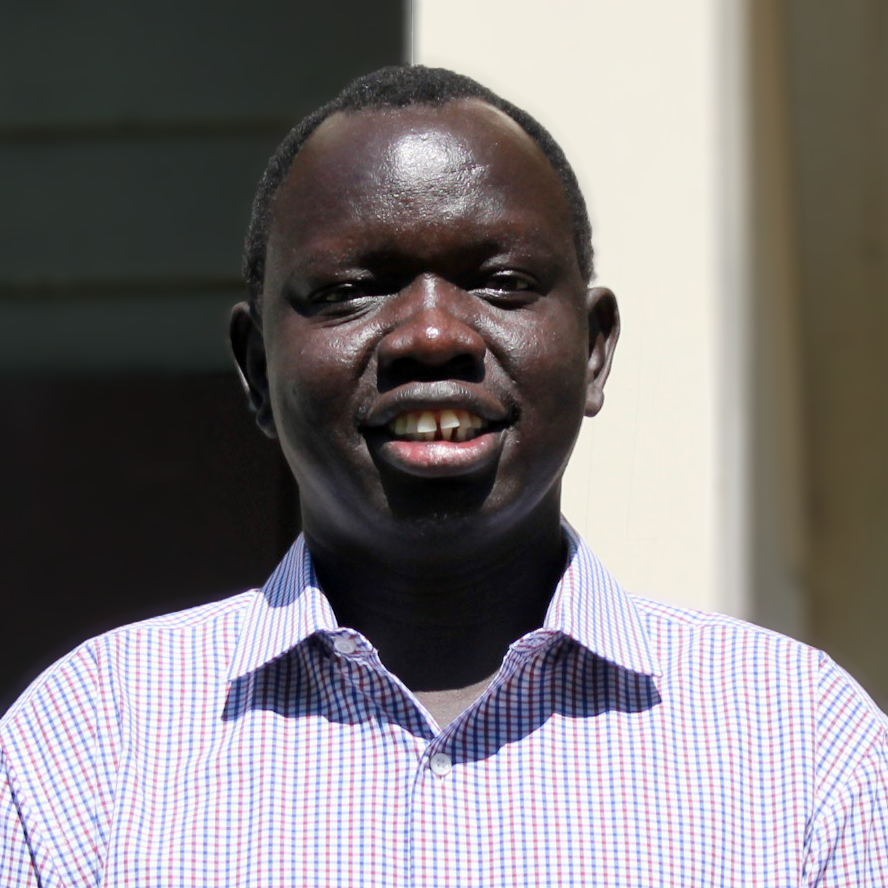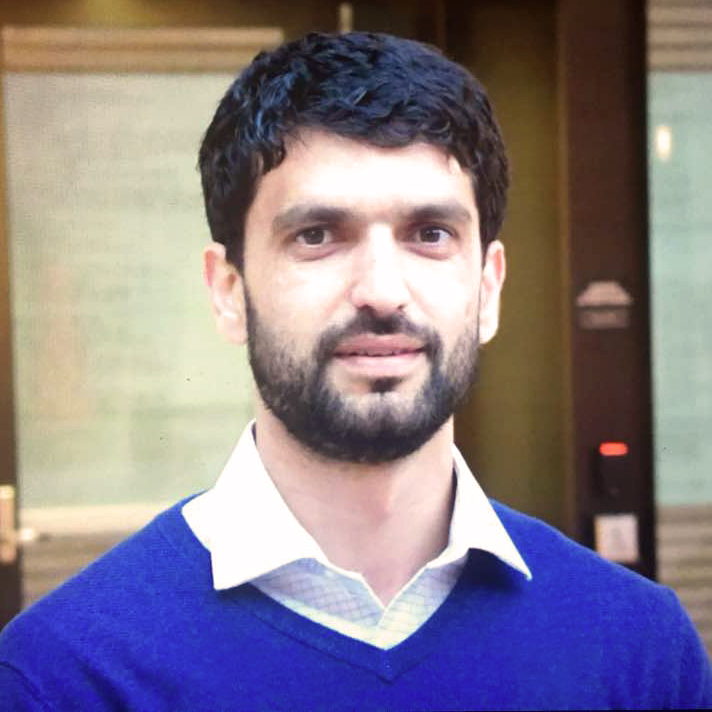A NEW GENERATION OF LEADERS
The Feinstein International Center and Tufts University offer students and practitioners a variety of opportunities to develop skills, knowledge, and practical experience in humanitarian assistance and related fields. Drawn from the Friedman School of Nutrition Science and Policy and The Fletcher School, our faculty are actively involved in mentoring and supporting the next generation of leaders in this field.

Tufts is a great place for practitioners to go and learn…a place that educates the next generation of leaders.
ABBY MAXMAN, OXFAM AMERICA
DEGREE PROGRAMS
MASTER OF ARTS IN HUMANITARIAN ASSISTANCE (MAHA)
In this program, current and future humanitarian professionals develop the knowledge and skills needed to advance their careers in the areas of nutrition, food policy, and economic, political, and social development. It is a joint–degree offered by the Friedman and Fletcher Schools.
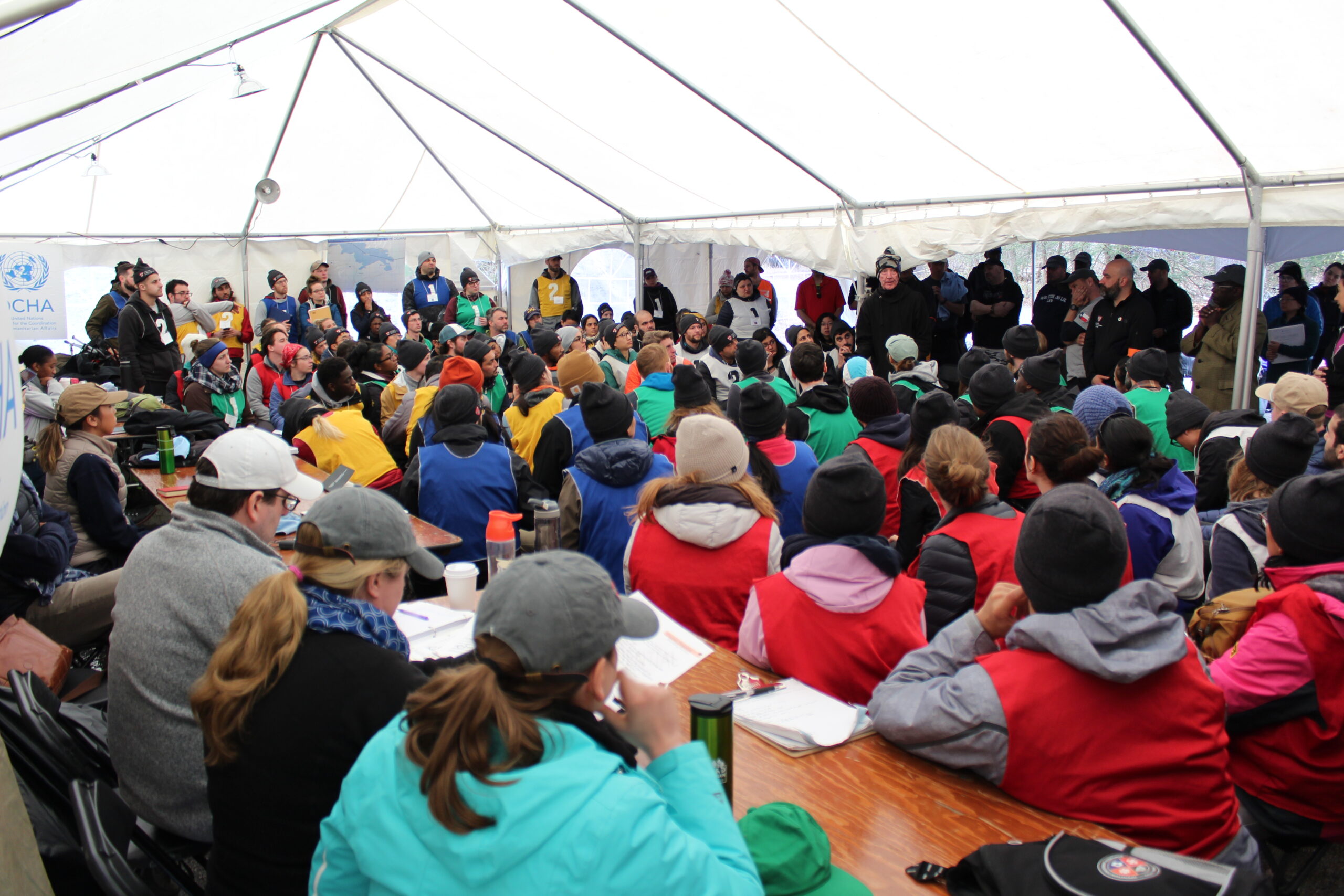
MASTER OF SCIENCE, FOOD AND NUTRITION POLICY AND PROGRAMS (FANPP)
The FANPP Program offers interdisciplinary training for students seeking careers to improve food policy and food security and nutrition outcomes in countries around the world. Many applicants have academic backgrounds in related areas, including economics, political science, anthropology, as well as nutrition and the biological sciences, or come to food and nutrition from other fields. It is offered by the Friedman School.
MASTER OF ARTS IN LAW AND DIPLOMACY (MALD)
MALD is a flexible, multidisciplinary curriculum allows students to choose from 22 fields of study within three divisions: International Law and Organizations; Diplomacy, History, and Politics; and Economics and International Business. Graduates of the program possess the knowledge, skills, tools, and preparation needed to excel in a highly competitive global economy. It is offered by the Fletcher School.

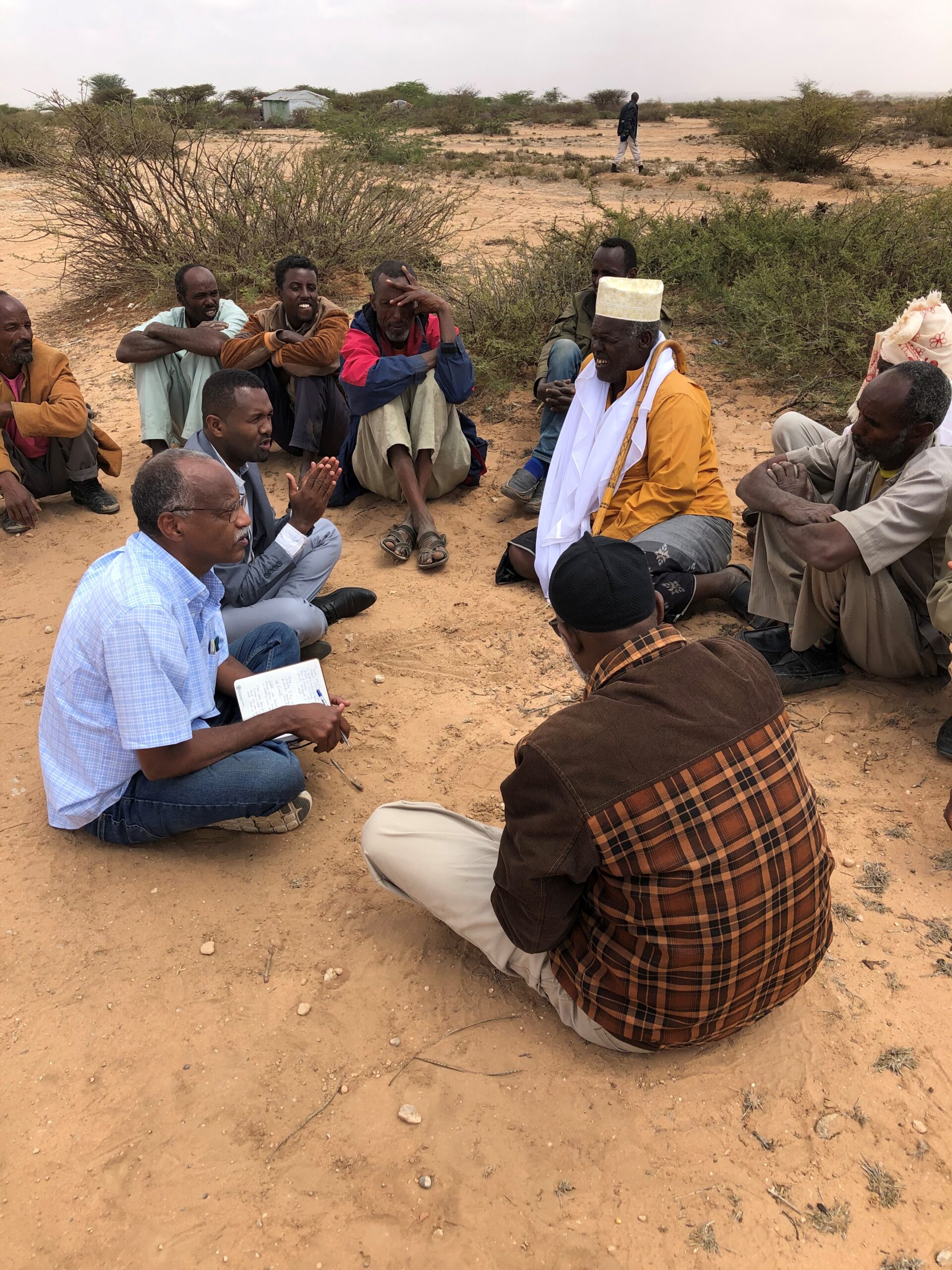
PHD PROGRAMS
Our faculty supervise students in the PhD programs at the Friedman and Fletcher Schools. We also supervise students in non–Tufts programs.
MAHA ALUMNI
MAHAs come to Tufts from humanitarian, aid, diplomatic, and military communities across the globe. After graduating, MAHAs usually return to higher–level positions with management and program design responsibilities.
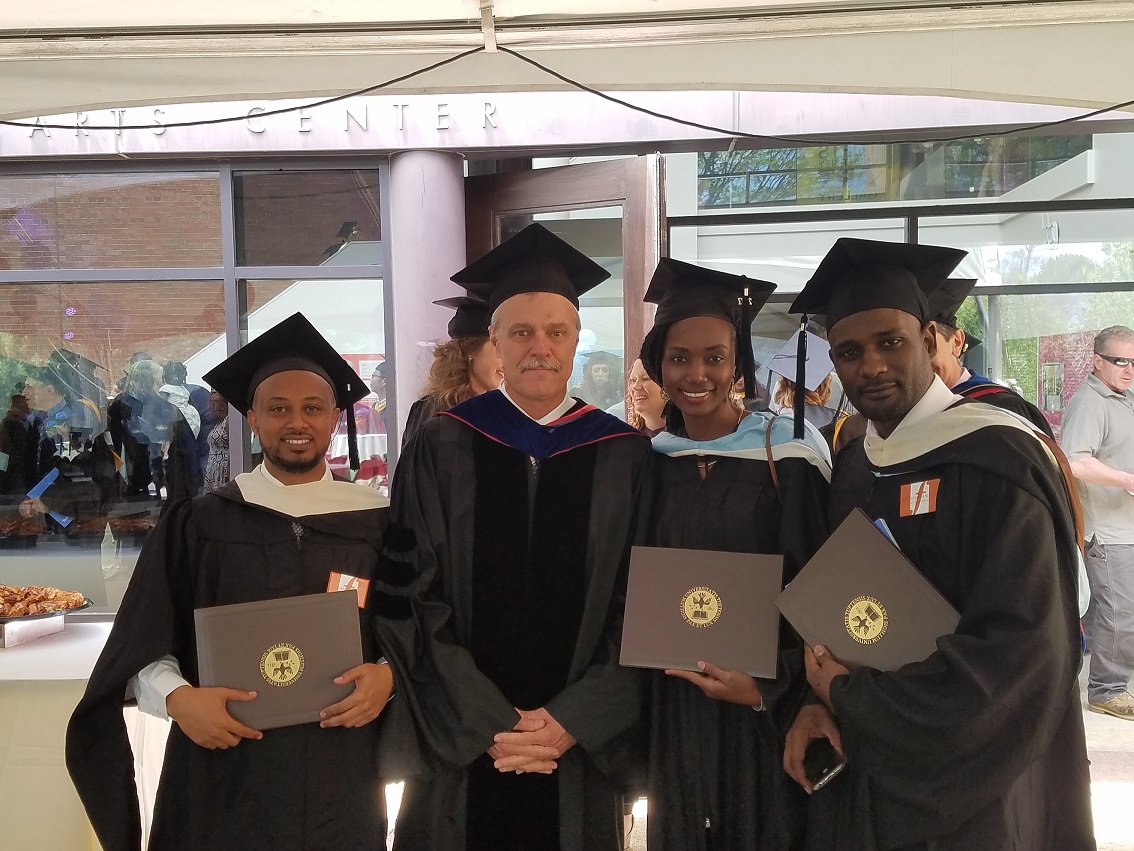
Each year MAHAs bring a rich variety of experiences to each other and the Tufts community that help us all stay in front of our ever changing field.
DANIEL MAXWELL, CO-DIRECTOR OF THE MAHA PROGRAM

Pauline Akabwai, Class of 2017
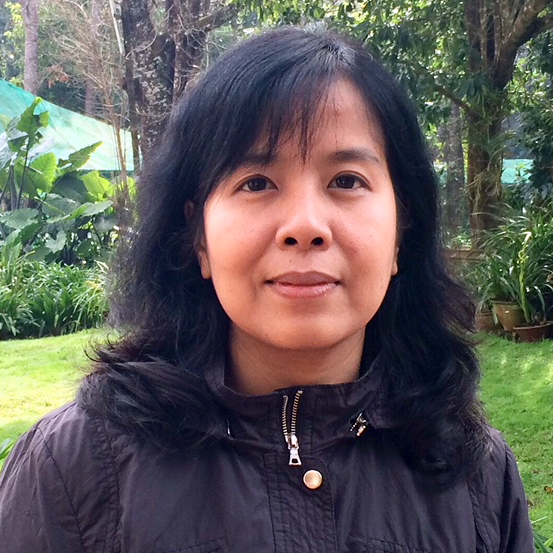
Ei Ei Khin, Class of 2014
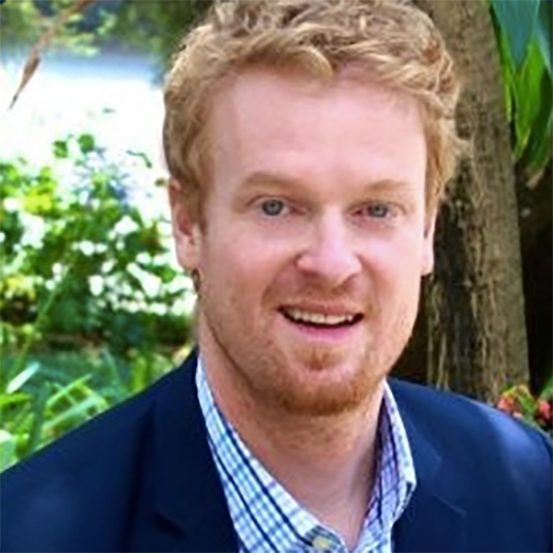
Andy Shaver, Class of 2010
SELECTED HUMANITARIAN COURSES
Tufts offers many courses related to humanitarian assistance across its graduate schools. These are some examples taught by our faculty.
GENDER, CULTURE, AND CONFLICT IN COMPLEX HUMANITARIAN EMERGENCIES
NUTR 0222/DPH D232
Fall Semester
CLIMATE CHANGE: RISK AND ADAPTATION FOR FOOD SYSTEMS AND BEYOND
NUTR 0256/DPH P288
Fall Semester
FAMINE, LIVELIHOODS, AND RESILIENCE
NUTR 0339/DPH D242
Spring Semester
WORKING IN DIFFICULT RESEARCH ENVIRONMENTS WITH VULNERABLE POPULATIONS
DPH D245
Spring Semester


